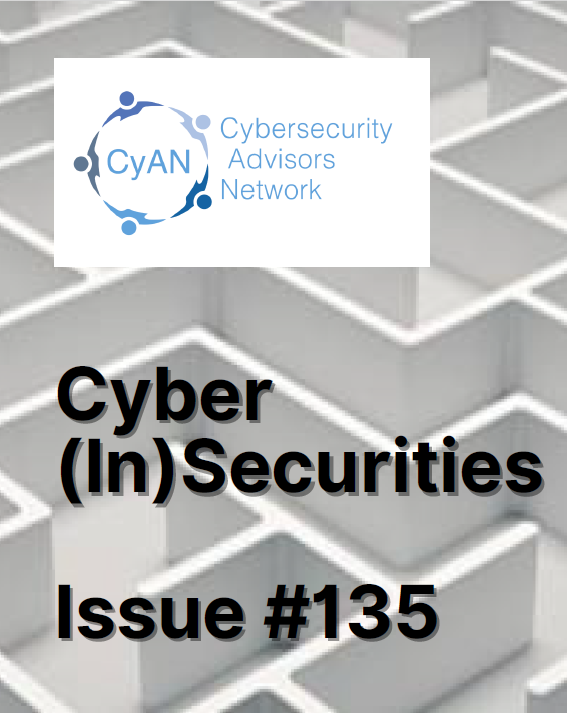Cyber (In)Securities – Issue 138
Information Security News Disclosure Drama Clouds CrushFTP Vulnerability ExploitationDark Reading – Rob Wright CISA warns of Fast Flux DNS evasion used by cybercrime gangsBleepingComputer – Bill Toulas Google Quick Share Bug Bypasses Allow Zero-Click File TransferDark Reading – Tara Seals China-Linked Threat Group Exploits Ivanti …





Opinion: Disinformation, Attacks on Society, and Our Responsibility as Infosec Professionals
The world’s full of information-borne threats to society – from active baddies to those who support them. As professionals, there is a lot we can and should do to stop these.